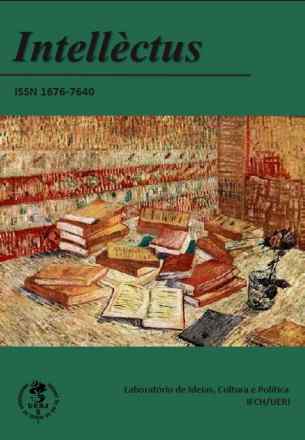O jovem e o novo em Glauber Rocha e Gustavo Dahl: intervenções críticas (1960-1964)
Intellèctus
O jovem e o novo em Glauber Rocha e Gustavo Dahl: intervenções críticas (1960-1964)
Autor Correspondente: Thiago Turibio | [email protected]
Palavras-chave: Glauber Rocha; Gustavo Dahl; cinema novo; crítica de cinema; vanguarda.
Resumos Cadastrados
Resumo Português:
O objetivo central do artigo é analisar como Glauber Rocha e Gustavo Dahl mobilizaram através da imprensa a típica disposição de vanguarda em favor do novo e da juventude com o fim de afirmar a sua geração no campo cinematográfico brasileiro entre os anos de 1960 e 1964. Para tanto, foram considerados textos publicados na imprensa da época. Argumentamos que o agenciamento da ideia de novo e de juventude foi determinado por aspectos conjunturais que remontam à crise da Vera Cruz e ao horizonte de expectativas revolucionárias aberto em inícios de 1960. Em termos teóricos, mobilizamos o conceito de campo tal como o pensou Pierre Bourdieu e o conceito de estrutura de sentimento de Raymond Williams.
Resumo Inglês:
The main objective of the article is to analyze how Glauber Rocha and Gustavo Dahl mobilized through the press the typical avant-garde disposition in favor of the new and the youth to affirm their generation in the Brazilian cinematographic field between the years 1960 and 1964. For that, texts published in the press of the time were considered. We argue that the claim for the idea of the new and of youth was determined by conjunctural aspects that date back to the Vera Cruz crisis and to the horizon of revolutionary expectations opened in the early 1960s. In theoretical terms, we mobilize Bourdieu‟s concept of field and Raymond Williams' concept of structure of feeling.

